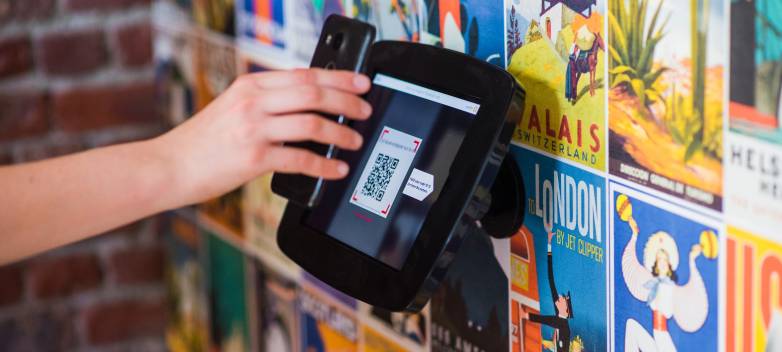6 Vital Questions on Time Tracking - What Does the ECJ Decision Mean?
6 Vital Questions on Time Tracking - What Does the ECJ Decision Mean?

Who is affected by the new regulation?
All businesses within the EU.
Have the new rules been in force since the decision was made by the ECJ (European Court of Justice)?
No. It is now up to the individual countries to adapt their laws to the verdict and to then implement them. Should there be any court cases regarding time tracking before new laws are in effect, judges will take the ECJ decision into account. Labour unions in Germany demand that new laws are implemented by the end of the year. In Switzerland, a requirement to systematically track working times has been in place for a while - and there are no exceptions for businesses with more than 50 employees.
What is the purpose of systematic time tracking?
The ECJ decision lets employees use stronger ressources to get their rights acknowledged. The underlying reason for this is occupational health and safety, that is to say ensuring that rest times are kept and that the legal maximum working hours are not exceeded (in Germany this is 48 hours per week). The food service and event industries in particular are notorious for overtime which is neither noticed nor paid for. This is now going to change dramatically.
What requirements did the judges set for time tracking systems?
They ask for an objective, reliable, comprehensible and confidential system which measures daily working time. This means that working time must be gathered in an objective manner according to internal agreements and independent of the person entering the data. In addition, the system must be one that cannot be tempered with, must function reliably and be able to track all working times independent of place of work. Also, the system has to be accesible for both employer and employees.
Which type of time tracking system works for my company?
A suitable time tracking technology depends on which situation times need to be tracked for. For example, for a stationary place of work (e.g. office, stadium, depot) employees can clock in and out via terminals at reception or via QR Codes with their smartphone. Those working at home or in constanty changing places (promotion, field personnel) can submit their working times via their smartphone - and possibly add geo data as well.
Does Staffcloud offer suitable solutions?
Yes - whether stationary or mobile, employees can submit work data via a variety of solutions within Staffcloud. Expenses such as travel cost, accommodation cost or parking tickets can also be submitted with the receipt attached.